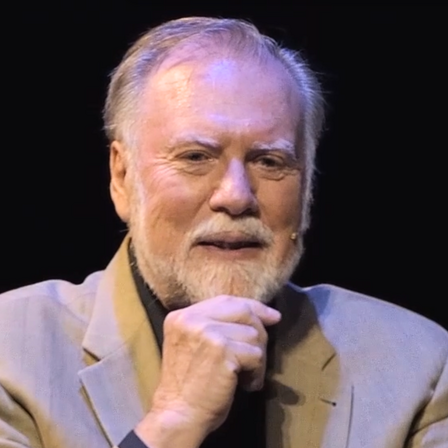This Class Is Now In The Past
Thank you to all who joined us. If you missed this opportunity, we warmly invite you to explore our upcoming Scheduled Live Classes below. To ensure you don't miss out in the future, consider registering for our newsletter—you’ll be the first to hear when new offerings become available.
You can also register for our +30 courses, which you can take on your own, allowing you to engage with Dr. Neufeld’s insights at your own rhythm, in your own time. These courses are designed to support your deepening understanding of attachment and development, no matter where you are on your journey.
Browse our courses
Upcoming Scheduled Classes
Some of our courses are also offered as scheduled classes from time to time with our Faculty providing weekly live special support sessions. If you already have taken the course in its self-paced version, you can enrol in the scheduled class for a fee of only 50 CAD.
Classes Start: March 31, 2026
Tuesdays 10:00AM – 11:00AM PT
Runs for 8 weeks
With Heather Ferguson and Celena Krahn
$250 CAD
Part II of the Power to Parent gets to the heart of developmental science — that growth happens quite spontaneously if conditions are conducive. Neufeld expands on just what those conditions are and the role of parents in the maturing processes. Since growing older is no guarantee of growing up, knowing what children truly need from their parents is key to raising children.
Classes Start: April 2, 2026
Thursdays 10:00 – 11:30AM PT
Runs for 8 weeks
With Tamara Strijack and Jodi Bergman
$250 CAD
Neufeld puts the puzzle pieces together to reveal true play as Nature's way of taking care of emotion. This realization makes sense of the trouble we are now in, as the culture that was meant to take care of play has largely been lost. These insights are distinct to this approach and key to supporting healthy development and emotional well-being in our children and ourselves.
Classes Start: April 8, 2026
Wednesdays: 1:00 – 2:00 PM PT
Runs for 4 weeks
With Lisa Weiner and Robin Brooks-Sherriff
$150 CAD
Today's adolescents live in a hypersexualized culture. Despite their greater exposure and education, current evidence suggests that many youth are in trouble sexually and that their sexual development is not unfolding as it should.
Classes Start: April 14, 2026
Tuesdays 5:30 – 6:30PM PT
Runs for 6 weeks
No one is more susceptible to being misunderstood than the preschooler — especially when adults are trying to rush them out of their untempered nature, inconsiderate relating, or separation problems.
Classes Start: April 29, 2026
Wednesdays 10:00 – 11:30 AM PT
Runs for 7 weeks
With Jule Epp and Karen Bollman
$250 CAD
This course provides a fresh look at the causes and consequences of sensory overload in the brain and its role in a spectrum of syndromes, including autism, and to a lesser extent, some forms of giftedness as well as attention problems.
Upcoming Events and Conferences
The Neufeld Institute’s attachment-based developmental approach has reached families, educators, and helping professionals across diverse cultures and more than 140 countries.
Faculty members around the world are offering presentations in their own languages and cultural contexts, each grounded in the same core understanding: Becoming the Answer Our Children Need.

Thriving Family, Thriving Society: A Conference on Emotional Well-Being
Events include a seminar for professionals and a two day public conference.
- March 13–15, 2026, Prague, Czechia

Creating a Neighbourhood of Connection
- March 20, 21, and 24, 2026, Ljubljana, Slovenia


Fresh Insights on Attachment: a leading theorist puts the puzzle pieces together
- March 28 or 29 – tbc, University of Bucharest in Bucharest, Romania
Inquiries
If you have questions or require additional information that you cannot find on our website or FAQ page, you may contact our office on our Inquiries page.
Charity & Non-Profit Status
The Neufeld Institute is a registered Canadian charitable organization under the name Neufeld Institute Foundation and is also registered as a NPO in British Columbia. If you would like to make a contribution to us, please go to our donation page.
Stay Connected with the Neufeld Institute
Sign up for our newsletter to receive insights, editorials, and updates on new courses, webinars, and scheduled classes — all rooted in the Neufeld approach. Whether you're a parent, educator, or professional, our resources are here to help you make sense of the children in your care.









